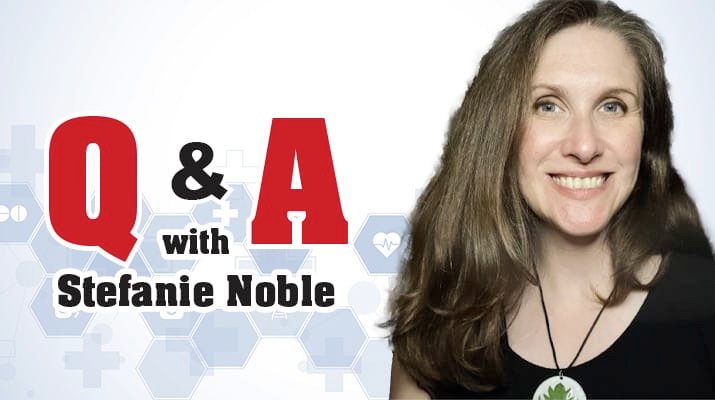More than just exercise: YMCA of Central New York offers cancer survivor programs, hospital referral services, cardio, walking and yoga sessions, says VP of marketing and communications
By Mary Beth Roach
Q: The YMCA offers some programs that one might not associate with the Y, for example the cancer survivor programs, the hospital referral programs, cardio, walking and yoga. With regards to the cancer survivor programs, can you describe them?
A: We have a range of cancer survivor programs, including the Laurie’s Hope program, which is supported by the Saint Agatha Foundation. That program supports breast cancer survivors, helping them maintain strength and fitness, connecting them to other cancer survivors. That includes men and women. Many people think that breast cancer only impacts women, but that is not true. It connects them to a community of people that have gone through it, and it’s a really strong community. Folks in those programs also have access to our Kaye Center for Cancer Wellness in our Northwest Family Y, which is in Baldwinsville. It is a specific space that was created, with learning materials, a place to meet and a few pieces of exercise equipment. The air is separate from the rest of the facility. It’s an enclosed space with a balcony — a nice, relaxing space for them. We also have Live Strong programming at the YMCA, which is exercise and group support for those with other forms of cancer. Another thing that we make available to cancer survivors are services such as child watch, to support them if they have to attend appointments or treatment.
You do have to be a Y member, but when you reach out to learn about these programs and potentially enroll in them, the membership is part of the program. You don’t have to be a member beforehand; you can become a member by participating in these programs.
Q: Are doctors’ referrals required?
A: Not necessarily. We are partnered with a number of local oncologists to make those connections. But anyone can reach out. They can go on our website — www.ymcacny.org — and reach out to one of our team members to learn more about the programs and connect with us.
Q: Can you explain what is involved with the hospital referrals program?
A: We have connections with a number of hospitals, including Crouse and the VA and some doctors. You may be working with a physical therapist or your doctor, but there may be ways that the Y and our range of wellness programs can support you in your recovery; that can work in conjunction with your doctor; that would take place through a referral from your health care provider.
Q: With the hospital referral programs, are the participants working one-on-one with a Y staffer?
A: It depends on what they need. It may be that that one-on-one is best; it may be that participating in one of our small group classes is best. It’s dependent on what those person’s needs are.
To expand on that a little bit, if somebody is having issues with mobility, we have, for example, a lot of programs that focus on regaining mobility through Enhance Fitness and active older adults programming, if that is the population that the person is in.
Q: And one of the requirements is that the participants are Y members?
A: If you weren’t already a Y member, you would get a membership as you sign up for that program.
Q: Other programs — Walk with Ease, yoga, cardio — Y membership is required, right?
A: Walk with Ease is one of the Arthritis Foundation programs, along with Enhance Fitness. It is important to note that we do offer income-based financial aid, so we do make things easy for people to access the services.
Q: Are there contracts in that people need to belong for a particular length of time?
A: We don’t have any contracts. It’s dependent on the way that the program runs. Some of the programs, for example, the Live Strong program, is a specific 12-week program. For a regular Y membership, there is no contract, it’s month-to-month.
Q: Is there something you’d like to add?
A: I would bring up our arts programming. Creating that well-rounded aspect of wellness is one thing that I think people don’t often think about. We do have a wide range of arts programming that supports some of these other wellness goals — that mental aspect of it is something that we’ve found to be very helpful.

